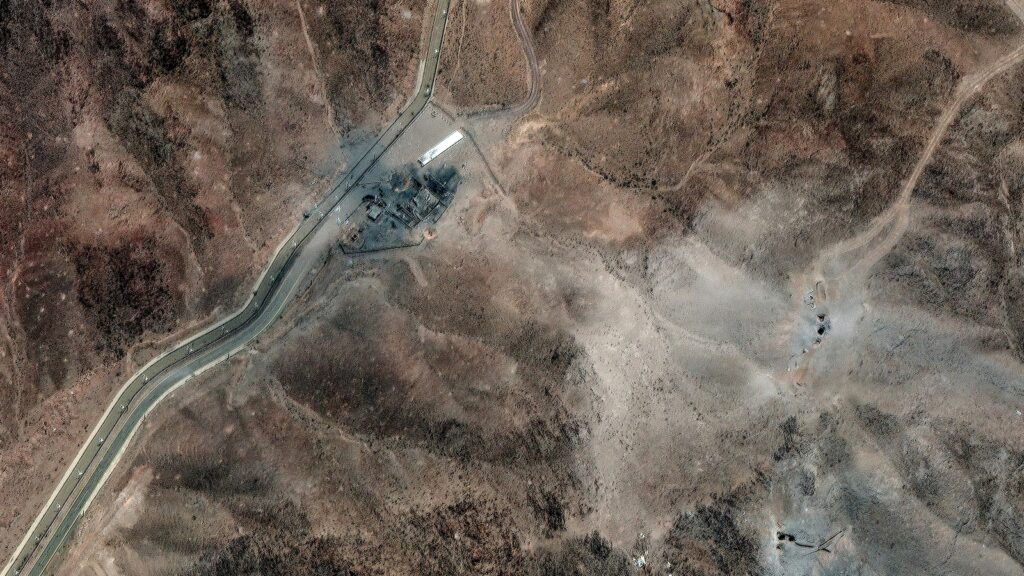
WASHINGTON — Hackers supporting Tehran have launched cyberattacks against U.S. banks, defense contractors, and oil industry companies following American strikes on Iranian nuclear facilities. Thus far, these attacks have not caused widespread disruptions to critical infrastructure or the economy.
Immediate Impact
The cyber offensives come in the wake of U.S. military strikes on Iran’s nuclear sites, raising concerns about potential escalation if the ceasefire between Iran and Israel collapses. Cybersecurity analysts warn that independent hacking groups allied with Iran might initiate further digital conflicts against the U.S.
Key Details Emerge
The recent U.S. strikes may prompt Iran, along with allies Russia, China, and North Korea, to intensify their investments in cyberwarfare. Arnie Bellini, a tech entrepreneur and investor, emphasized the cost-effectiveness of hacking operations compared to traditional warfare.
“We just showed the world: You don’t want to mess with us kinetically,” said Bellini, CEO of Bellini Capital. “But we are wide open digitally. We are like Swiss cheese.”
Two pro-Palestinian hacking groups have claimed responsibility for targeting over a dozen aviation firms, banks, and oil companies. They detailed their actions on the Telegram messaging service, encouraging others to join their efforts.
Industry Response
Federal authorities are on high alert for further cyberattacks. The Department of Homeland Security issued a bulletin warning of increased Iranian cyber threats, while the Cybersecurity and Infrastructure Security Agency urged critical infrastructure operators to remain vigilant.
Despite lacking the technical prowess of China or Russia, Iran is known for its disruptive cyber activities aimed at stealing secrets and sowing chaos.
By the Numbers
More than 60 hacking groups with potential ties to Iranian military or intelligence agencies have been identified by researchers at Trustwave.
These groups have previously executed significant cyber operations, such as the penetration of an Israeli emergency alert app following Hamas’ attack on Israel in October 2023.
What Comes Next
While Iran’s government may pause cyberattacks if the ceasefire holds, affiliated hacker groups could continue retaliatory actions on Iran’s behalf. Experts like Jake Williams, a former National Security Agency cybersecurity expert, believe Iran will persist in its espionage efforts.
“It’s fairly certain that these limited resources are being used for intelligence collection to understand what Israel or the U.S. might be planning next, rather than performing destructive attacks against U.S. commercial organizations,” Williams stated.
Background Context
The Trump administration’s cuts to cybersecurity programs have sparked calls to bolster America’s digital defenses. Recently, funding reductions and staffing cuts have affected agencies like the CIA and NSA.
Israel’s cyber capabilities, demonstrated in its recent strikes on Iran, highlight the importance of investments in cybersecurity and cyber offense.
Expert Analysis
Expanding America’s cyber defenses requires both educational investments and technical improvements to safeguard connected devices and networks. Bellini, who donated $40 million for a new cybersecurity center at the University of South Florida, likened the cyber arms race to a perpetual contest.
“It’s Wile E. Coyote vs. the Road Runner,” Bellini said. “It will go back and forth, and it will never end.”
As the situation develops, experts continue to monitor the geopolitical implications of these cyber conflicts, emphasizing the need for robust digital defenses to protect national security.







